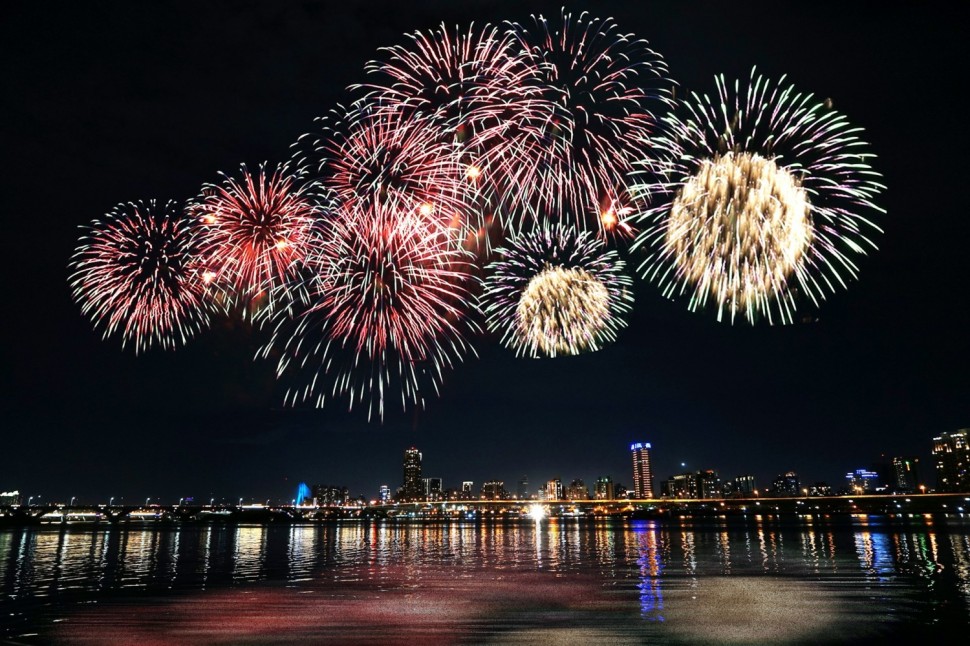As families and friends prepare to light up the sky on the 4th of July, it is essential to stay informed about Florida's fireworks laws. With excitement, understanding what's legal and what's not can ensure celebration and safety.

Florida's Firework Regulations Simplified
In the state of Florida, fireworks take on a precise definition. They are substances or combinations designed to produce a visible or audible effect through combustion or explosion. However, according to state law, not all items that make a blast or a "boom" fall under this definition. Smoke devices, snappers, and similar novelty items remain free from the stringent rules that govern traditional fireworks.
For enthusiastic pyrotechnicians, legality comes with certain limitations. While fireworks are permissible, the law requires a permit to use them. However, permits are unnecessary during New Year festivities and Independence Day, when the sky typically bursts with color and sound.
Understanding Legal vs. Illegal Fireworks
The distinction between legal and illegal fireworks is clear. Fireworks that launch into the air are likely banned under Florida law. Legal items include ground-based and handheld sparklers, fountains, and ground spinners. Conversely, Firecrackers, rockets, and missiles are illegal. Ignoring these laws leads to severe penalties. Using banned fireworks is a misdemeanor. Offenders may face fines or up to a year in jail.
Firework Safety Protocol, Ensuring a Joyous Celebration
Besides abiding by the law, safety remains paramount when engaging with fireworks. Ocala Fire Rescue offers vital tips to enjoy the festivities safely. Here are some recommendations to follow:
- Adhere strictly to instructions. Each firework comes with guidelines meant to protect users.
- Choose a suitable spot. Prepare your fireworks in an open and secure environment.
- Keep onlookers safe. Keep viewers far away from the possibility of erratic releases.
- Be prepared for emergencies. Equip yourself with a bucket of water or a hose to douse accidental flames.
- Handle duds with caution. Never relight a malfunctioning firework. Instead, give it time before soaking it to render it harmless.
ALSO READ: Celebrate Fourth of July: Supreme Court Takes On Fireworks, Flags, and the Essence of Freedom
Proper Firework Disposal, A Post-Celebration Duty
After the visual spectacle comes the cleanup. The Florida Sheriffs Association imparts advice on disposing of spent fireworks:
- Start by soaking them in water to prevent re-ignition.
- Place them in a metal can to separate them from flammable items.
- Pay special attention to unexploded fireworks. Douse them in water before discarding them safely.
Remember that while fireworks may be legal on the 4th of July, local laws may vary. Some cities and towns have stricter regulations. Before organizing your celebration, make sure you verify with local authorities.
Harness Your Fireworks Wisely
Blending festivity cautiously as the 4th of July approaches ensures a memorable celebration. By following Florida's fireworks laws and safety recommendations, revelers can delight in the festivities while dodging danger. We've covered the essence of the law and safety tips. Now, we invite you to share how you plan to enjoy the fireworks while operating within the bounds of safety and legality. How do you intend to ensure a safe and splendid 4th of July? Your thoughts and strategies are welcome; let's engage in a dynamic discussion.




